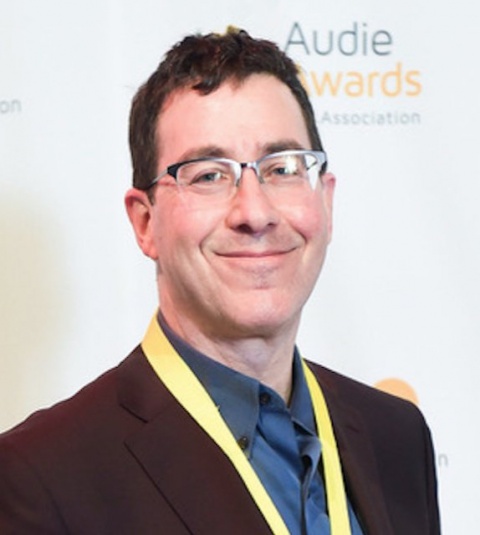Columbia College | Columbia University in the City of New York
Take Five with Mark Binder ’84

What were you like when you arrived at Columbia?
Depressed. It was 1980, and the College was still all-male. New York was dark and dingy. I remember partying like crazy during Orientation, when the “face book” was literally a book of photos of other freshmen.
My birthday is September 16, but my Chemical Bank card hadn’t yet arrived, so I only had about $2 in my pocket and my first Chinese-language test the next day. I got a Sabrett hot dog and a Mickey’s Barrel beer to celebrate and vowed from then on to tell people when it was my birthday.
Once classes began in full gear and the brain cells started firing, things got better. I loved the reading lists. My one tip to College students: Read the books as they’re assigned. Then you don’t have to play catch up.
What do you remember about your first-year living situation?
My freshman dorm was in “The Fairholm,” which was on West 121st Street. I had a single the size of a shoebox. When lying on the bed, I could easily touch both walls. On the one hand these were the first “suite” dorms, and we had a kitchen that nobody used because we were on the meal plan. On the other hand, it was a roach-infested, renovated building with no elevator. Two of my suitemates hated each other so much they built a wall with their desks across the middle of the room.
What Core class or experience do you most remember, and why?
Contemporary Civilization was the best. I don’t remember the professor’s name, but the reading list was incredible — books on political thinking that blew my mind. I remember the day that the first papers were returned and the prof told the class, “I know this is your first college class, so some of you are going to be upset with the grade.” Since I’d APed out of freshman comp I was terrified that I knew nothing about writing, until I saw the B+ on the cover.
The most useful piece of info from the class came from philosopher Antonio Gramsci, who pointed out that the Social Democrat Union Leaders used the threat of quitting their jobs to maintain control and influence. This seems paradoxical, but if you’re doing a job that no one else wants, then threatening to quit is quite powerful. If only this were true in our current political landscape …
Did you have a favorite spot on campus, and what did you like about it?
Sitting on The Steps was how I spent many an afternoon. Freshman year, tired of isolation, I lugged a table and a jug full of pennies and made a sign, “Fairholm Pennies Fund — Free Money.” I gave out pennies to anyone who passed by. Senior year I staged a Columbia Players street theater event on “The Steppes.” The only scenery was a cartoon face of then-president Michael Sovern [’53, LAW’55], drawn by Ted Rall GS’91; we tied it with string onto Alma Mater’s face.
What, if anything, about your College experience would you do over?
I would have been more ambitious and less self-absorbed. I spent a lot of time by myself reading and hanging out with the Science Fiction Society, and a lot of time drinking and getting stoned. While I learned a lot in classes, I don’t remember much of the social scene, and I didn’t make those high-flying lifelong connections that others brag about (and monetize!).
On the other hand, I pushed myself academically in directions that I never would have — took playwrighting at the Hammerstein Center for Theatre Studies, studied storytelling with Spalding Gray, and absorbed mythology from David Damrosch and Theodore Gaster GSAS’46. A huge part of my background as a writer and storyteller came from my years at Columbia.
More “Take Five”
- 1 of 32
- ›

